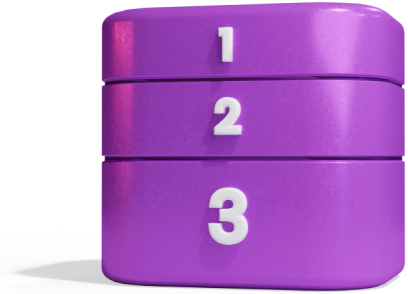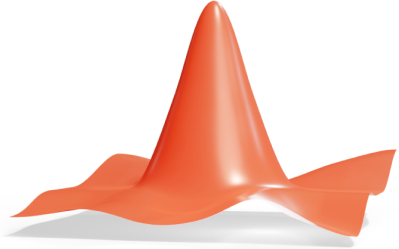
Choosing What to Study

Are you considering getting a higher education? There are hundreds of options when choosing a course of study, and it can be difficult to choose the right one. Some know what they want to do several years before they start their education, while others are still uncertain when it is about to begin. It is important to acquire information about your opportunities either way. Here are some tips on how to proceed when choosing a course of study.
What can I rule out?
The great number of opportunities can be frightening. Eliminating certain fields that do not fit your preferences and needs can be a good way to start. In the beginning, this is often easier than finding the most relevant fields of study. The opportunities suddenly appear less overwhelming, and you can then focus on the relevant studies.
What is of interest, and what are you good at?
Firstly, you should think about your interests. What appears exciting, fun, or motivating? Does a specific field of study appeal more, such as economics or IT? Different fields of study often contain several courses and job possibilities, so choosing a field of study is a step in the right direction. Furthermore, it is important to think about which fields of work seem interesting, without having to be determined on a specific job. The courses that seem interesting can lead you towards fields of work in which you can thrive.
It can also be smart to think about your skills and knowledge - what are you good at? This does not mean that you must know lots about what you choose to study. On the contrary, The point of studying is to prepare for work and the things that are relevant within the different fields of work. A way of mapping what you want to do is to look at the subjects you chose in high school. By looking at these you can determine which ones that are interesting enough to proceed further with. If you chose science in high school and find science-related courses interesting, you can narrow down your search to a few courses where you can utilize your knowledge within that area.
Ask others!
If you find it hard to choose a field of study, asking others can be a clever choice. Friends and family know what you are good at, and what your interests are. Therefore, they can help you find the choice that fits you, even if you do not see it yourself. This can help you find the right field of study and the right field of work. There are also several interest-based tests on the internet that can help make the right choice.
Do I qualify?
Some courses have additional requirements besides grades. Some courses require certain courses related to mathematics and natural sciences, for example. When choosing courses you find interesting, checking if you qualify is important. Nonetheless, the subjects you chose in high school do not have to determine which courses you can apply to. If you do not qualify with the subjects you took at high school, there are still plenty of options. Some universities offer pre-courses for you to obtain the necessary knowledge to take the course. Another option is to take the necessary subjects after high school. House of math can help you with this.
What job opportunities does the degree give?
Both before and after you decide which studies could be interesting, looking at the job opportunities you have after the different studies could be a smart move, and it can potentially help you make a choice. Information about possibilities of work that the course hand is often found on the course’s webpage.
Is it possible to reconsider?
When you have decided what you want to study, knowing that you can reconsider is important. Having plans for your whole life at this point is not required nor common. It is common to change field of study, and numerous people notice at some point that the course they chose was not as expected. Finding an exciting course that motivates you is the most important thing. The rest will appear along the way!

















